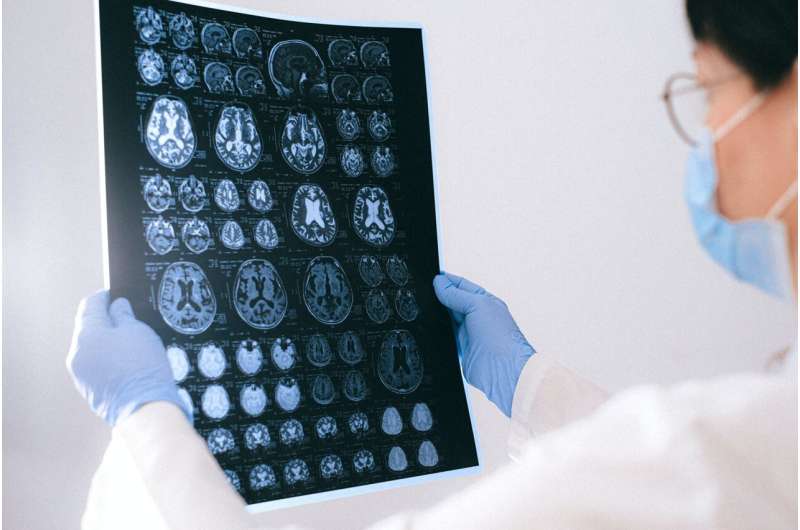Can Adults Be Trained to Better Recognize and Avoid Sick Faces?

Research shows that adults can enhance their ability to identify sick faces through targeted training, aiding early disease detection and prevention.
Recent research indicates that adults can improve their ability to identify and avoid sick faces through targeted training. Building on previous studies demonstrating that children recognize signs of illness in faces, scientists from the University of Miami, James Madison University, and Duke University have explored whether adults can enhance this skill with practice. The study, published in the journal Vision, involved 133 participants who viewed images of individuals while healthy and sick from contagious illnesses like COVID-19, flu, strep throat, or cold. Participants were divided into two groups: one received brief training that included educational content about infectious diseases and practice with feedback, while the control group did not.
The results showed that although both groups initially performed similarly, the trained group improved slightly in their ability to avoid sick faces by about 5%, while the control group's performance remained unchanged. Interestingly, the training did not significantly boost explicit recognition of sick faces but influenced unconscious behaviors. Eye-tracking data revealed that trained participants adopted a more balanced gaze pattern, making more systematic comparisons between facial features and paying increased attention to areas such as the eyes and mouth—key regions associated with illness cues like drooping eyelids or relaxed facial muscles.
This research highlights potential practical applications, such as developing training programs for children and healthcare professionals to detect subtle signs of disease early. Ethical considerations have been addressed to ensure that such training aims to improve recognition accuracy without promoting hypervigilance or undue anxiety. The team is now expanding their work to include younger populations and cross-cultural studies, collaborating with researchers in China. The ongoing efforts aim to better understand individual differences, such as gender or immune status, that may influence sick face recognition.
Overall, this study suggests that with appropriate training, adults can enhance their ability to detect illness through facial cues, which could contribute to improved disease prevention strategies and public health efforts.
Stay Updated with Mia's Feed
Get the latest health & wellness insights delivered straight to your inbox.
Related Articles
Breakthrough Clinical Trial Causes Remission in Advanced Skin Cancer Patient for Over a Year
A groundbreaking clinical trial has achieved over a year of remission in an advanced skin cancer patient, showcasing the potential of targeted immune-therapy WTX-124. Learn about this promising new treatment approach.
Massachusetts Hospital Under Scrutiny Over Brain Tumor Cluster Among Nurses
Concerns rise as a cluster of benign brain tumors among nurses at Newton-Wellesley Hospital prompts ongoing investigations and questions about workplace safety. Experts and unions are calling for more comprehensive testing to ensure hospital environmental safety.
Reforms Underway After Reports of Near-Misses in the U.S. Organ Donation System
The U.S. is strengthening its organ donation protocols following investigations into alarming near-misses and risky practices, enhancing safety and public trust in the system.



